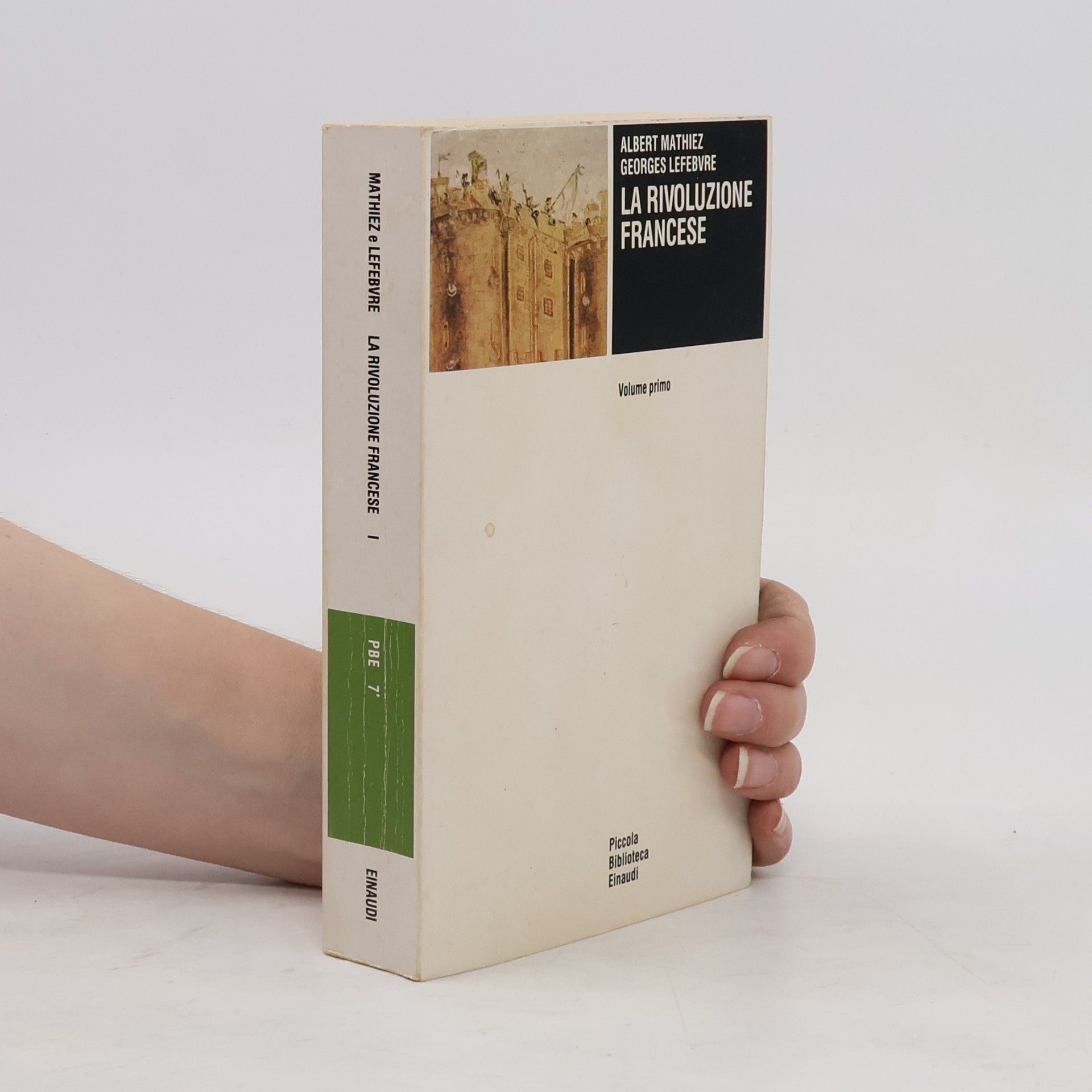The Transition from Feudalism to Capitalism
- 194bladzijden
- 7 uur lezen
Georges Lefebvre was een Franse historicus, vooral bekend om zijn werk over de Franse Revolutie en het boerenleven. Zijn wetenschap duikt diep in de sociale en economische fundamenten van deze cruciale historische periodes. Lefebvre's analyses bieden onschatbare inzichten in het dagelijks bestaan van gewone mensen en hun rol in het vormgeven van historische gebeurtenissen. Zijn onderzoeksbenadering herdefinieerde het begrip van massabewegingen en hun maatschappelijke impact.






Written by the greatest authority on the French Revolution, this masterly overview has taken its place as the definitive account.
Frei und gleich an Rechten werden die Menschen geboren und bleiben es. Die sozialen Unterschiede können sich nur auf das gemeine Wohl gründen. Eklärung der Menschen- und Bürgerrechte 1789, Artikel I
La grande peur de 1789 est un événement étonnant. En réaction aux incertitudes de la Révolution, d'un bout à l'autre du royaume, se répand l'idée que des aristocrates arment des brigands pour ravager les récoltes et massacrer le peuple. Aux contemporains déconcertés, elle apparut comme un mystère. Ceux qui voulurent, à toutes forces, en improviser une explication l'attribuèrent à un complot qu'ils rapportèrent, suivant leurs opinions, à l'aristocratie ou aux révolutionnaires. Œuvre majeure de Georges Lefebvre (1874-1959), cet ouvrage se situe à la croisée de l'histoire sociale et de l'histoire des mentalités. Il constitue une étude inégalée sur le rôle et la signification des foules dans la Révolution française et dans l'Histoire